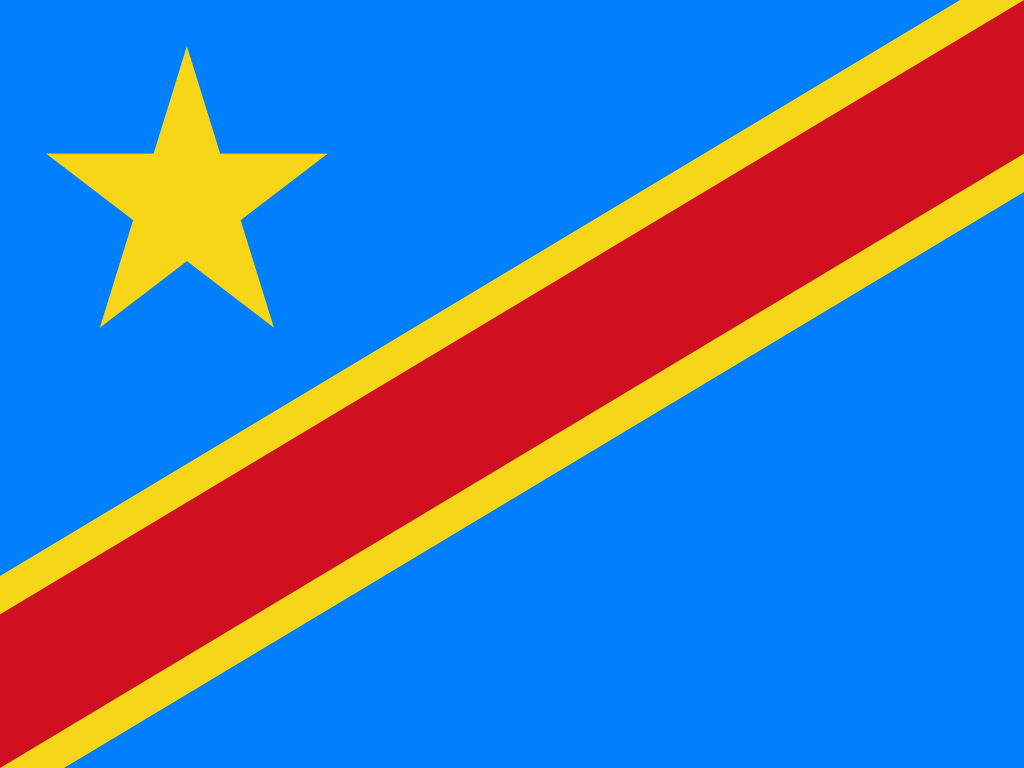Navigating the Rich Flavors and Resilience of the Democratic Republic
The Democratic Republic of Congo (DRC), a vast and resource-rich country in Central Africa, is gradually reclaiming its place in the global coffee market. While the nation has faced numerous challenges, including periods of political instability and conflict, the DRC’s coffee industry is emerging with a unique profile that reflects the country’s potential for producing exceptional Arabica beans.
Coffee cultivation in the DRC is primarily focused on Arabica varieties, grown in the eastern provinces such as South Kivu, North Kivu, and Ituri. The high altitudes, volcanic soils, and equatorial climate provide an ideal environment for Arabica beans to flourish. Notable coffee-growing areas include the hills surrounding Lake Kivu, where the combination of altitude and lush landscapes contributes to the distinct terroir of Congolese coffee.
The flavor profile of DRC coffee is marked by bright acidity, medium body, and a diverse array of flavors. Coffee from the region often exhibits fruity and floral notes, with hints of citrus, berries, and sometimes chocolate. The unique terroir, characterized by the volcanic soils and specific microclimates, imparts a nuanced taste that distinguishes Congolese coffee in the global market.
The Democratic Republic of Congo’s coffee industry has faced challenges due to decades of conflict, but recent efforts to rebuild and revitalize the sector have gained momentum. Organizations such as the Eastern Congo Coffee Initiative (ECCI) and various cooperatives are working to support smallholder farmers, improve processing methods, and enhance the overall quality of Congolese coffee. These initiatives not only contribute to economic development but also highlight the resilience and determination of the Congolese people.
Sustainability is a key focus in the DRC’s coffee industry, with an emphasis on organic farming practices and environmental conservation. Many farmers in the region are transitioning to organic cultivation, avoiding synthetic pesticides and fertilizers. The commitment to sustainability aligns with the increasing demand for responsibly sourced and ethically produced coffee, positioning DRC coffee as an attractive choice for environmentally conscious consumers.
In recent years, terms like “Congolese Arabica” and “DRC single origin” have started to gain recognition in the specialty coffee market. As awareness grows, consumers are becoming more curious about the unique flavors that Congolese coffee brings to the cup. International competitions and showcases have also provided a platform for Congolese coffee to shine, further boosting its visibility and credibility.
The socio-economic impact of the coffee industry in the DRC is significant, particularly in rural areas where smallholder farmers are the backbone of the sector. The revitalization of the coffee industry has the potential to provide income, employment, and improved living standards for local communities, contributing to the broader goals of sustainable development.
In conclusion, the Democratic Republic of Congo’s coffee profile is a testament to the resilience of its people and the potential of its land. Despite challenges, the nation is reclaiming its status as a producer of high-quality Arabica coffee, offering a unique and flavorful experience to coffee enthusiasts. As the DRC’s coffee industry continues to develop, it not only contributes to economic growth but also showcases the rich tapestry of flavors that emerge from the heart of Africa. Congolese coffee invites the world to rediscover and appreciate the distinctive qualities that make it a noteworthy player in the global specialty coffee landscape.
Tags: coffee grower, Democratic Republic of Conga

